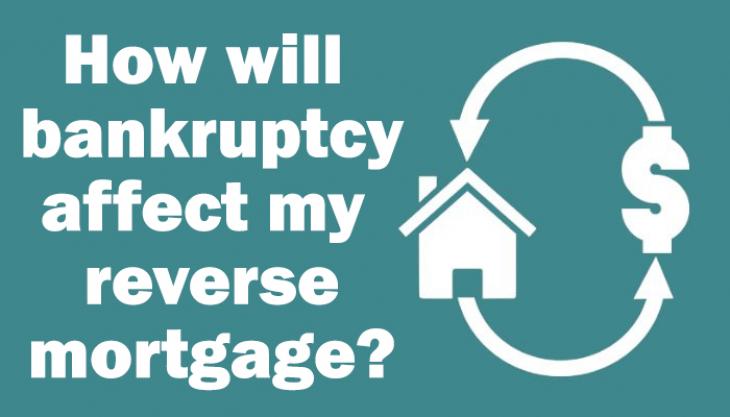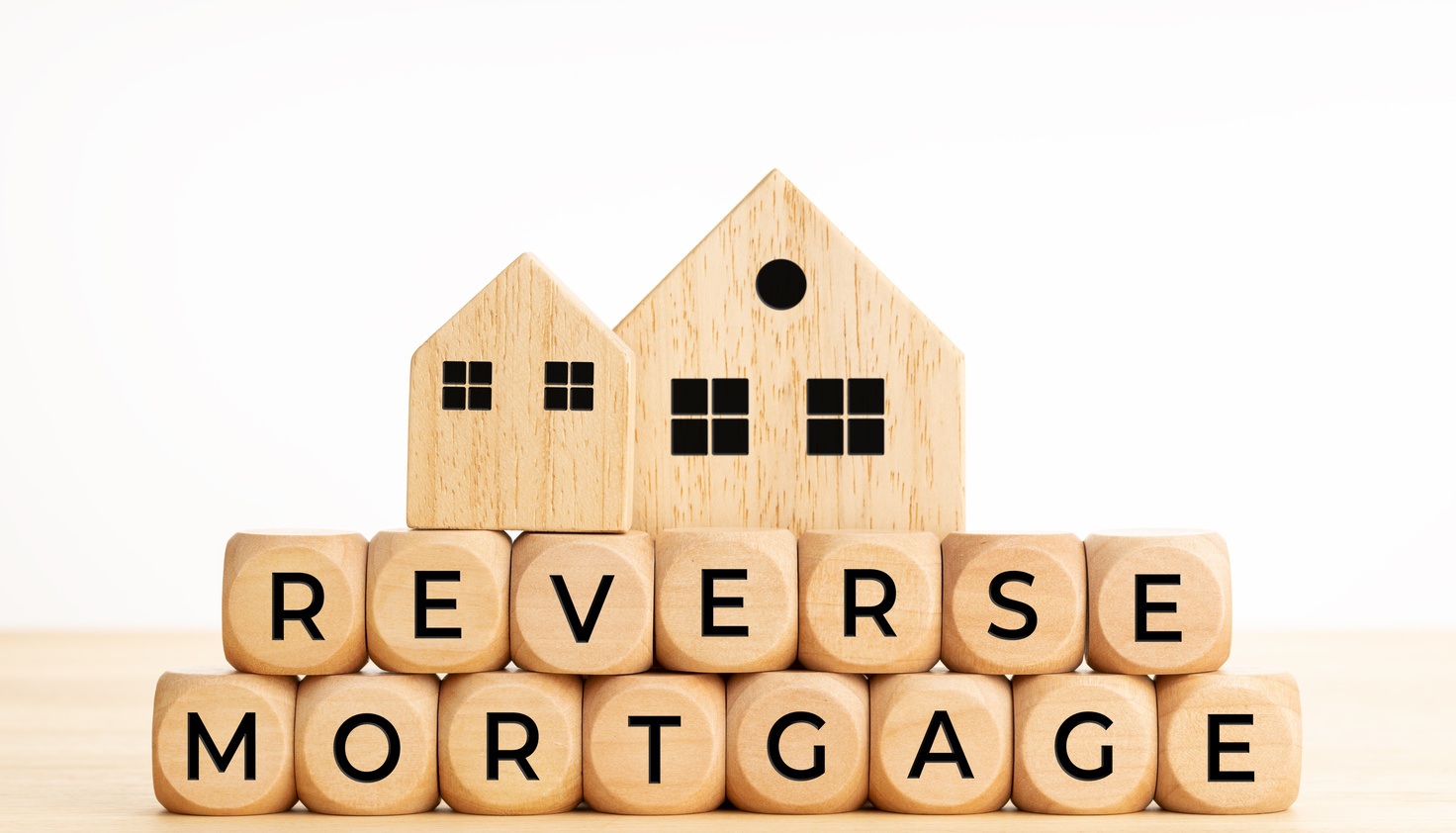Empower Your Retired Life: The Smart Method to Purchase a Reverse Home Mortgage
As retirement approaches, numerous people look for effective techniques to boost their financial independence and health. Among these strategies, a reverse home loan arises as a sensible choice for homeowners aged 62 and older, permitting them to touch into their home equity without the necessity of regular monthly payments.
Understanding Reverse Mortgages
Comprehending reverse home mortgages can be vital for home owners seeking financial adaptability in retirement. A reverse home loan is an economic product that enables qualified house owners, commonly aged 62 and older, to transform a section of their home equity into money. Unlike typical home mortgages, where consumers make regular monthly repayments to a lender, reverse home loans allow home owners to get settlements or a round figure while retaining ownership of their property.
The quantity available through a reverse home loan depends on a number of aspects, consisting of the property owner's age, the home's worth, and present rate of interest. Importantly, the financing does not have to be settled till the home owner markets the home, relocates out, or passes away.
It is necessary for possible customers to comprehend the implications of this financial product, consisting of the effect on estate inheritance, tax considerations, and continuous obligations associated with building maintenance, taxes, and insurance coverage. In addition, counseling sessions with certified experts are often called for to guarantee that borrowers completely understand the terms of the lending. In general, a detailed understanding of reverse home loans can empower house owners to make educated choices about their economic future in retirement.
Advantages of a Reverse Mortgage
A reverse home loan uses numerous compelling benefits for eligible homeowners, particularly those in retirement. This financial device permits elders to transform a section of their home equity into cash money, giving essential funds without the demand for regular monthly home loan settlements. The money gotten can be utilized for different purposes, such as covering medical expenditures, making home enhancements, or supplementing retirement income, thus boosting overall monetary versatility.
One substantial benefit of a reverse mortgage is that it does not need settlement up until the house owner relocates out, markets the home, or dies - purchase reverse mortgage. This feature makes it possible for senior citizens to preserve their way of life and meet unforeseen expenses without the worry of monthly settlements. In addition, the funds obtained are normally tax-free, allowing homeowners to utilize their money without worry of tax implications
Additionally, a reverse home mortgage can offer assurance, recognizing that it can act as a financial safeguard during challenging times. Property owners also maintain ownership of their homes, ensuring they can continue residing in a familiar environment. Ultimately, a reverse home loan can be a strategic funds, empowering retirees to manage their financial resources efficiently while enjoying their golden years.
The Application Process
Browsing the application process for a reverse mortgage is a crucial step for property owners considering this financial choice. The initial stage involves assessing eligibility, which usually calls for the house owner to be at the very least 62 years old, very own the property outright or have a low home loan equilibrium, and occupy the home as their primary house.
As soon as qualification is validated, homeowners should undertake a counseling session with a HUD-approved counselor. This session makes sure that they fully recognize the effects of a reverse mortgage, consisting of the duties entailed. purchase reverse mortgage. After completing counseling, candidates can continue to gather required documents, consisting of evidence of income, possessions, and the home's value
The next action requires submitting an application to a lending institution, that will certainly evaluate the economic and residential property credentials. An appraisal of the home will likewise be performed to identify its market worth. If approved, the loan provider will provide financing terms, which ought to be assessed thoroughly.
Upon approval, the closing process complies with, where last files are authorized, and funds are disbursed. Comprehending each stage of this application process can significantly boost the homeowner's confidence and decision-making regarding reverse home mortgages.

Trick Factors To Consider Prior To Purchasing
Getting a reverse mortgage is a significant economic choice that calls for cautious consideration of a number of key factors. Understanding your eligibility is critical. Home owners must go to the very least 62 years old, and the home needs to be their primary residence. Evaluating your monetary requirements and objectives is equally essential; figure out whether a reverse home mortgage lines up with your long-lasting plans.

A reverse mortgage can impact your qualification for particular federal government advantages, such as Medicaid. By extensively assessing these considerations, you can make a more enlightened decision about whether a reverse home loan is the best monetary technique for your retired life.
Maximizing Your Funds
When you have protected a reverse home mortgage, properly managing the funds comes to be a priority. The versatility of a reverse home mortgage enables home owners to utilize the funds in different ways, yet critical planning is necessary to maximize their advantages.
One vital approach is to produce a budget that outlines your month-to-month expenditures and economic objectives. By identifying needed costs such as healthcare, residential or commercial property tax obligations, and home maintenance, you can designate funds appropriately to make certain long-lasting sustainability. Furthermore, think about utilizing a portion of the funds for financial investments that can create income or value with time, such as dividend-paying stocks or common funds.
An additional important element is to maintain an emergency fund. Reserving a get from your reverse home loan can help cover unforeseen expenses, offering peace of mind and economic security. Moreover, my latest blog post seek advice from an economic expert to discover possible tax obligation effects and how to integrate reverse More Help home mortgage funds into your general retired life approach.
Eventually, prudent management of reverse home loan funds can improve your monetary security, permitting you to appreciate your retirement years without the stress and anxiety of monetary uncertainty. Mindful planning and notified decision-making will certainly make sure that your funds work properly for you.
Verdict
To conclude, a reverse mortgage provides a practical financial technique for elders seeking to boost their retirement experience. By transforming home equity into available funds, individuals can resolve vital expenditures and protected extra monetary sources without sustaining monthly repayments. Cautious consideration of the best site associated terms and ramifications is essential to take full advantage of advantages. Eventually, leveraging this monetary device can assist in greater independence and boost overall lifestyle throughout retired life years.
Understanding reverse home loans can be important for property owners seeking monetary versatility in retirement. A reverse home mortgage is a monetary item that enables eligible property owners, usually aged 62 and older, to convert a section of their home equity into money. Unlike conventional home loans, where consumers make month-to-month repayments to a lender, reverse home loans allow homeowners to receive repayments or a swelling sum while retaining ownership of their building.
Generally, a comprehensive understanding of reverse home mortgages can encourage house owners to make informed decisions about their financial future in retirement.
Seek advice from with a monetary consultant to discover possible tax obligation effects and just how to integrate reverse home mortgage funds right into your overall retirement method.